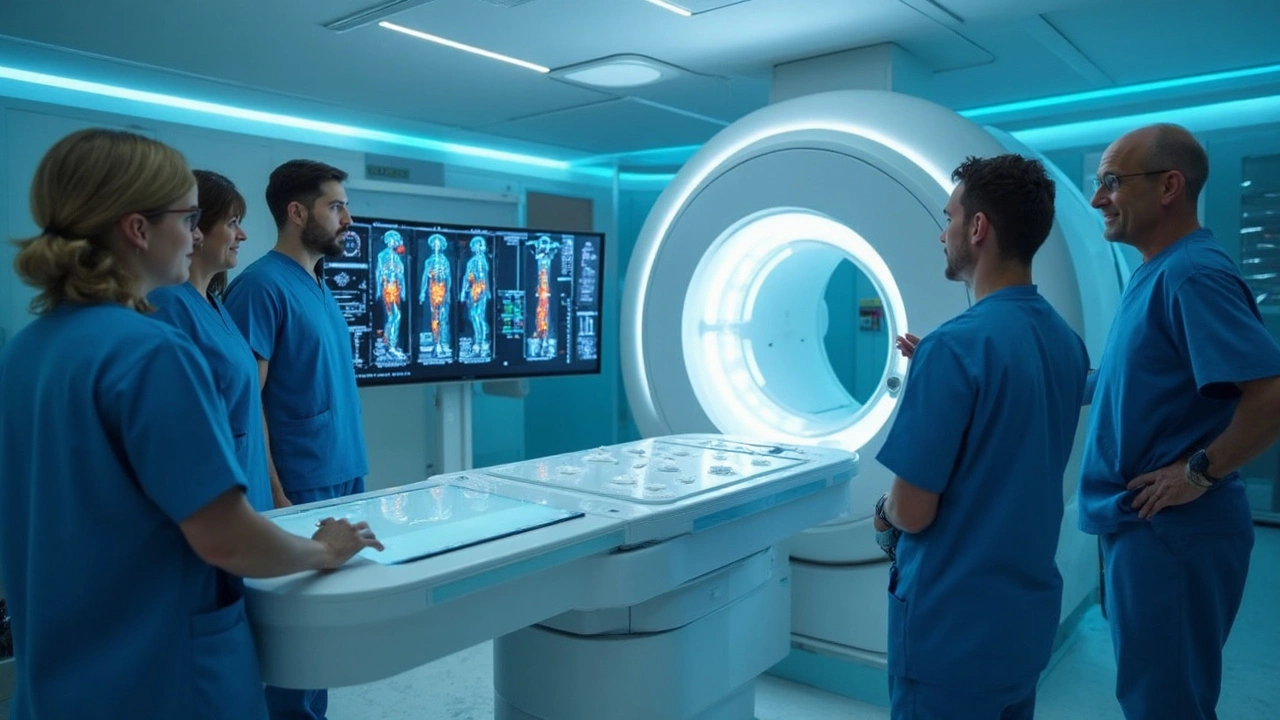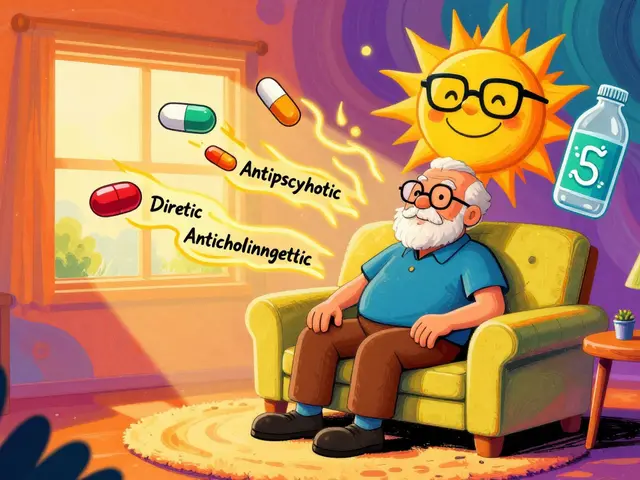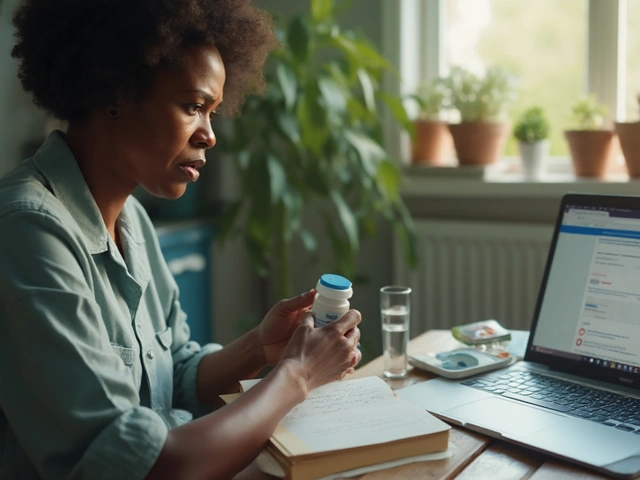Cancer Screening Made Simple
Ever wonder why doctors keep talking about cancer screening? It’s because catching a tumor early can mean easier treatment and better outcomes. You don’t need a medical degree to understand the basics – just a few minutes and the right info.
When Should You Start Screening?
Age matters, but family history matters more. Most guidelines suggest beginning at 40‑50 for breast, colon, and cervical checks, unless a close relative had cancer early. If you have a parent or sibling with a diagnosed case, ask your doctor about starting sooner.
Common Screening Tests You’ll Hear About
Mammograms – X‑rays of the breast, usually every 1‑2 years for women over 40. They spot tiny lumps that can’t be felt.
Colonoscopy – A camera slides through the colon to look for polyps. Recommended every 10 years starting at 45.
Pap smears & HPV tests – Simple swabs that catch abnormal cells in the cervix. Women should get them every 3‑5 years after age 21.
Low‑dose CT scans – Used for heavy smokers to detect lung nodules early. Usually offered to those 55‑80 with a 30‑pack‑year smoking history.
Other tests include PSA blood work for prostate cancer (talk with your doctor about pros and cons) and skin exams for melanoma, especially if you have many moles or a family history.
Preparing for a test is easy. For colonoscopies, follow the clear‑liquid diet and laxative prep instructions exactly – it makes the exam quicker and more accurate. For mammograms, avoid deodorant on the day of the scan because it can show up as bright spots on the image.
What if a test finds something? Most abnormalities are harmless, but doctors will usually suggest a follow‑up or a biopsy to be sure. Remember, a positive result isn’t a death sentence; early treatment often leads to full recovery.
Insurance typically covers screening tests that meet guidelines, so you won’t have to pay out of pocket. If cost is a worry, check with your provider or look for community health clinics offering free screenings.
Keep a simple schedule: set reminders on your phone, write dates in a calendar, and ask your doctor during each visit what’s next on the list. It’s easy to stay on top of it when you treat screening like any other routine check‑up.
Lastly, lifestyle still matters. Eating more veggies, exercising regularly, quitting smoking, and limiting alcohol can lower cancer risk and make screenings even more effective.
So, start the conversation with your doctor today. Ask which tests fit your age, health history, and risk factors. A few minutes now can save years later – that’s the power of cancer screening.
Early Tumor Detection: Imaging, Biomarkers & High-Risk Cancer Screening
Uncover how early detection methods like imaging, blood biomarkers, and targeted screening schedules are changing the game in catching fast-growing tumors in high-risk patients. Learn about advanced scanners, the power of liquid biopsy, and why timing matters when cancer grows in overdrive. Get practical tips and the latest data on how science is helping patients stay ahead of aggressive cancers with more accurate, efficient, and less invasive testing.






